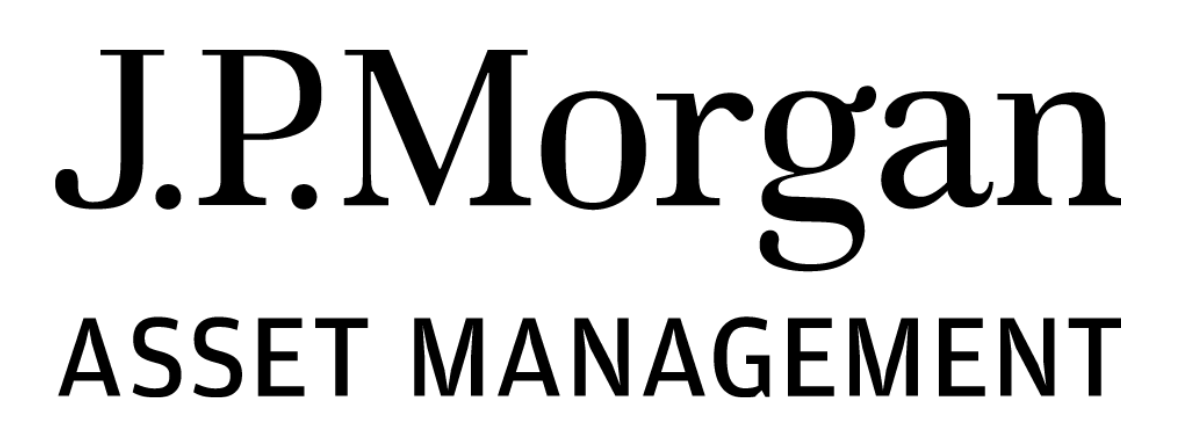The first half of 2019 showed the initial signs of global economic growth was slowing and the business cycle could be coming to an end and the US led what would quickly become a global pivot toward monetary policy easing, according to a
by JP Morgan Asset Management (JPMAM).
The study, named Investment Peerview, revealed how investors from around the world reacted to this changing environment.
The UK and mainland Europe have both been significantly impacted by the possibility of a no-deal Brexit which would cause issues for the region’s trading which has already been suffering from continued trade tensions affecting exporting manufacturers.
Additionally, the European Central Bank (ECB) implemented interest rate cuts, renewed and open-ended quantitative easing as well as steps to help banks cope with negative rates.
In the US, the Federal Reserve introduced the first policy rate cut since the Global Financial Crisis in 2008 and was one of the biggest issues for the survey's respondents when making an investment decision. Ongoing trade tensions and slowing global inflation and growth suggested further easing was expected.
JP Morgan: A more thoughtful approach to emerging market debt
However, in response to these events, JPMAM discovers four key findings:
Strong demand for money market funds
Environmental, social and governance (ESG) investments on the rise
Wider adoption of treasury management systems
Investors are eyeing rising political risk
Regionally specific, European investors have been in the hunt for yield with term deposits being the most popular investment solution. This has been in a bid to avoid negative interest rates in euro and sterling-denominated investments.
In contrast, Asia Pacific investors are becoming more aware of the rising credit and default risk in China as well as new regulations becoming increasingly more challenging.
The ETF industry has been affected by restrictive investment policy statements as a significantly small volume of firms are investing in ultra-short fixed income ETFs.
Some 84% of the European respondents said they were either unlikely or not considering investing in ultra-short fixed income ETFs. This figure was even higher for the Americas with 88%.
For investors not incorporating or considering ETFs, the biggest driver for this decision across all regions was because they are not in scope with the company's investment policy. In fact, 44% of European investors said they would rather use money market funds over short-term bond ETFs and 6% said the pools of liquidity are not deep enough.
Reasons for investors choosing an asset manager were led by the performance and risk-adjusted returns with 53% of European investors selecting this option. Management fees were the fourth most important reason behind a frim's expertise or relationships. Only 3% of European investors said ESG was an important reason for them to pick an asset manager.
While JPMAM says investors long for the days of zero yields, there is a silver lining as bond prices continue to rise and there is still potential for positive returns through currency hedging.



